-------------------------------------------------------------------------------------------
complexities of an island
Children of the Island
Who is in and who is out? Everydbody in? That is what living a democracy suggest. Ofcourse reality is always more complex. In Curacao nothing is 'natural' or self evident. Its history as a colony and a population that consist of immigrants the concept 'nation' is confusionn. There are no natives to claim the title. The indiginous people that lived here, a few thousands, werre deported or died. The population now consist of people who came here out of free will, those who fled their homeland because of povverty or persecution and descendants of those who were brought here against their will.
During the centuries that past since the West India Company set up shop here the population has become more and more mixed. Both racially and socially. Colour is no longer the distinctive marker of sociale position. Who belongs to which social class is still quite clear. Your name, where you live, where you are from, are all markers. And whether you were born here: if you are yu di Kórsou, a child of the island.
To belong or..............
This concept: Yu di Korsou is an alternative kind of nationality. It plays an important role in identity and politics now. We will try to figure out if it is a much needed liberation of oppression, or a burden on an island that is so dependant of non yu di Kórsou for employment and business.....
Very interesting read is the following article from Rose Mary Allen, a Curaçaoan anthropologist, who has published on the oral history of former enslaved people of the Dutch Caribbean islands.
Defining moment: 1969
The 'uprising' in 1969 as an unforeseen consequence of a labour conflict is a defining mometn in Curacao history. It was the awakening of a sense of self. We, the people of Curaçao, became manifest. And, according to this article, a new distinction was made: macamba, the outsider and Yu di Korsou, the child of Curacao.
http://curacaochronicle.com/social/remembering-the-uprising-in-curacao-may-30-1969/
born on Curaçao
When you don't have a history you can connect to, are denied the right to have a history, the year time starts is probably the time you have a child. For this child this place will be the only place it knows from experience. The more generations have a shared memory of a place, the more this place becomes home. This is what Rose Mary Allen describes in her essay. Even thoughtheir position was more or less the same, the enslaved whith the longer history on the island would claim to be more at home. More belonging here. Having more in common with the other people that lived here. It shows that the need to belong, to be a part of a community with an identity and a history is strong.
-
- 6000
The Arawaks and their subgroups came to the Caribbean from South America about 6,000 years ago. They settled on different islands that they discovered while on their northbound voyage. Curaçao was named after the Caiquetios, the group of Arawaks who settled on the island after leaving Venezuela around 500 A.D.
-
- 376
Curaçao became involved in the slave trade in 1639 when the Dutch West India Company requested to import slaves from Africa.
-
chestvan 5420
TIn 1659 the WIC issued a grant to Isaac de Acosta of Amsterdam for the purpose of transporting Jewish colonists to Curacao. They fled from the aftermath of the Spanish inquisition.He was able to organize a group of a few families consisting of about 70 persons. Among the Sephardim arriving on the island between 1654 and 1675 are the families Alvares Correa, Henriquez, Jessurun, Levy Maduro, Marchena, Henriquez Moron, Namias de Crasto and Pardo. Descendants of these early families still live in Curacao.
-
-220
Tula's revolt on Curacao in 1795 is connected to the revolts on St Domingue, now Haiti. These revolutions were influenced by the French Revolution of 1789, which would come to represent a new concept of human rights, universal citizenship, and participation in government. Tula was inspired by the revolts on Haiti.
-
- 100
Shell builds the Refinery Isla in 1915. It has bought a share in Venezolean oil only 60 km from CUracao. Only in 1920 the Maracaibo field is found. The business strats to boom. Many thousands of labourers from CUracao and the region can find work. The increasing wealth has a big effect on the life of the island. Many newcomers from the reigonand the Netherlands start a life in Curacao, changing the lifestyle and demographic.
-
- 40
When the Isla refinery start to become less important a new industry is promoted: Off Shore, Money business. That brings new people, casino's, big firms and penshionada's. A rich elite with no ties to the island.
Tula beeld
uit het dagblad Trouw 1995:
Vijfentwintig jaar geleden maakte een Nederlandse beeldhouwster, Toos Hagenaars, een standbeeld van Tula, vertelt Martina: “Een mooie, naakte, jonge neger die fier opkijkt en de ketenen aan zijn polsen van elkaar rukt. Er kwam een storm van protest, het beeld werd afgekraakt, de symboliek werd nauwelijks begrepen. En de laatste drogreden van verontwaardiging was: hoe durf je op het eiland een 'naakt' neer te zetten.”
Het Tula-beeld kreeg geen plaats op Curaçao, de maakster nam het mee naar Nederland en het staat nu ergens vergeten in Winschoten. Martina: “Ik zit helemaal niet op een beeld van Tula te wachten, in deze tijd is persoonsverheerlijking uit den boze. Maar ik wil wel een mooi architectonisch gedenkteken, sober maar kunst, waarin alle mensen die zich sinds 1795 hebben ingezet voor de emancipatie en de afschaffing van de slavernij worden geëerd.”
uit de Volkskrant 1998:
De voorzitter van de Asosiashon Promoshon Konsenshi Istóriko, de vereniging ter bevordering van het historisch bewustzijn, heeft ook enige reden om opgetogen te zijn. In een scheepsruim in de haven van Willemstad wacht Tula, in brons gegoten en nog ingepakt, op een terugkeer op het eiland. De Antilliaanse beeldhouwer Nel Simon zette naast Tula nog een slaaf en slavin op de sokkel. De beeldengroep wordt over enkele maanden op een kale vlakte langs de kust geplaatst. Daar, vlak bij de oude wijk Otrobanda, heeft Tulas verminkte lichaam aan een galg gehangen.Vroeger wilden maar weinigen iets van hem weten. Toen Bacilio nog op de lagere school zat, werd de slavenleider nagenoeg genegeerd. Een schurk was het, een exponent van een ellendige tijd. Als de rebellie werd herdacht, kwamen slechts zo'n dertig Curaçaoënaars naar die desolate vlakte.
http://www.volkskrant.nl/recensies/zij-wilden-als-vrij-man-werken~a459985/
-
-220
After the Fourth Anglo-Dutch War, it became apparent that the Dutch West India Company was no longer capable of defending its own colonies, as Sint Eustatius, Berbice, Essequibo, Demerara, and some forts on the Dutch Gold Coast were rapidly taken by them. In 1791, the company's stock was bought by the Dutch government, and on 1 January 1792, all territories previously held by the Dutch West India Company reverted to the rule of the States General of the Dutch Republic
-
-67
the general right to vote started in 1948. From then on limitations like being literate or of a certain income class were lifted.
-
-5
In 2010 Curaçao becomes a country in the Netherlands. This is a kind of halfway independence. Curacao has the right to rule itself, but the Netherlands gouvernment can intervene when things happen that are against DUtch law and when Curaçao doesn't provide the required checks and balances.
yu di korsou = ?
Can everyone that is born on the island be part of the yu did Korsou, the children of Curaçao? On that subject the vote is still out. Late Herman Wiels was clear: no macambas. White is out. Others are less adamant. The language Papiamentu is
a big part of it.
Even if you are born here you need to speak Papiamentu to qualify. So if your first and maybe only language is dutch you're not really from here. Papiamentu is the language that evolved from Portuguese, Dutch and an African portuguese
pidgin language called Guene. Papiamentu has also some words from the arawak, the native inhabitants. It is in that way a living reminder of the history of the island and the thing that is truly form here.
But Papiamentu is not the language of science,
government or higher education. If you want to go abroad to learn you need Dutch or English. Going abroad is a necessity, not a luxury, because there is very little higher education on the island. That makes Papiamentu as well the language of the less educated.
A political language.
New concepts or rules and regulations that come form the Netherlands are in English or Dutch. So you'll hear Dutch and English words popping up in a papiamentu conversation. As a consequence new and political things sound like
and maybe feel like 'outside influences'. Not from here.
-
Tambu
One of the voices of the past is the Tambu music. Instruments that were used in Africa have been replicated on Curaçao with local materials. The drums are still part of the current day music, thus forming a direct connection between Africa and Curaçao. But because of that playing tambu has been forbidden for a long time.
-
season is opened
Yesterday on the Brionplein the tambu season was officially opened with a whole host of tambu bands. The amount of different performances showed the popularity of the genre. The tambu season runs form 31st of oktober till the end of January. If it is forbidden to play it outside season we couldn't find out.
NEWS: gouvernment resides, elections soon?
Today the current prime minister Mr Ben Whiteman has given his resignation. A last minute attempt to save the cabinet by involving the PAR as partners till the planned elections end of 2016, failed. It looks like elections will be sooner.
It
is said that this is in favor of politician Gerrit Schotte. Prime Minister in 2011 he and his ministers had to leave because of allegations of fraud. Leading to a trial against him. But he is still hugely popular on the island, because of his generosity. Cars,
parties, all is good when he visits your neighborhood. If the elections are to be had earlier, his trial won't have come up. He will still be a free man, able to stand for prime minister again.
Is he Yu di Kórsou? Yes, although his mother
is Colombian. It shows that this concept is not limited to nationality. But to the twitter group Yu di Kórsou he is not, "because he has given tourism and investing on Curaçao a bad name" making it more than just a technical issue being born
here, but also an ethical one. There is also something as behaving like a Yu di Kórsou.
Watch the Gerrit Schotte plan: 100 AG for everybody that is poor. https://www.youtube.com/watch?v=zjQFoMVU9D8
-
Williwood love festival
Sint Willibrordus a nice, if little known, village 12 miles northwest of Willemstad, the capitol of Curaçao. But the locals, tired of being overlooked, have now rebranded their small town as "Williwood" by building a cheeky, hillside monument.
Previously, the remote town was best known for its grand church that dates back to the 1880's, but in recent years the town's independently constructed "Williwood" sign has taken the spotlight as the can't miss attraction. Taking the nickname for the area and writing it large in a parody of California's iconic Hollywood sign, enterprising citizens built a new identity for their town.
http://www.atlasobscura.com/places/williwood-sign -
together
In many ways Willibrordus is the new Curacao: with many resorts on the adjoining coast it has a lot of new rich white neighbours. They chose the local bar as their hangout. Now Williwood has a yearly festival with music and art. We wnt on the saturday. The evening was marked by lots of music and joviality. Everybody, local & new seemed to get along fine. Co-existing in harmaony.
or no elections
I am now an independent member of parliament of Curacao. I do not and will not continue to support the Government actions against the people of Curacao. I thank everyone for their continue support and I am looking forward to continue working for you.
"But the Dutch won't give us our elections. They 're too afraid of Gerrit Schotte. He's looking good in the polls and when he wins they are afraid he'll put again family and friends in charge of the island and help himself to a lot of money." This we hear from several people on different occasions. It is said the the Dutch government loved former prime minister Asjes. Could live with Ben Whiteman. But Schotte is a no go.
The governor of Curacao, Mrs Lucille George-Wout, is now having talks with parties to see if there is still a chance for a new government. Negotions with the PAR failed this weekend. Maybe the member of parliament Marilyn Moses who withdrew her support for this government and caused the current politcal trouble will change her mind?
We're curious. The governor is the representative of the kingdom of the Netherlands and the head of the gouvernment on Curacao. The governor appoints the person in charge of forming a new cabinet. Could it be that in the background the Dutch still have this power over Curacao? Interesting times.
-
No elections till monday
The governor,Mrs Lucille George-Wout, has sent former prime minister Mr Whiteman home with the assignment to see if he can form a new majority coalition. Informaly PS Pais and opposittion party PAR had come to an agreement yesterday. Mr. Whiteman has to report back monday morning.
-
Dutch treat?
"There are too many too important decisions to be made to lose months of time again with new elections. Let's see if we can make it work till the planned elecctions in 5 months." Common sense or a Dutch ploy to sabotage the Curacao right of self government?
-
Why not Schotte?
The former president has appointed friends and family on important places. The brother of his father in law, Van de Dijs, became the director of Aqualectra and lots of money disappeared. As minister of finances Mr.Jamaloodin was appointed. He is the half brother of Robbie dos Santos, who has a gambling imperium. Both are suspects in a tax evasion and money-laundering case.
-
fresh money
But what was most worrying that the party of Schotte, the MFK, recieved funding from dos Santos. It is said he has ties to the maffia. Having his half brother as a finance minister opened the door to all kind of underworld connections. And that is what the Dutch government fears most.
Charming, charsmatic, well dressed and.... generous
Why would you want a man like Schotte to be your Yu di Kórsou leader?
The answer is: young people and women. They melt for his charms and know that he's a bad boy, but, so pretty, so charming. And young people: Schotte is brass and bold and has money and didn't finish school so if he can I can.
Plus: he and his party go to every neighborhood, give parties. But also tablets, phones, fridges. Touch everybody and give out telephone numbers. "He knows me and will do something for me. He is my man in high places." And he probably is.
What it shows that belief in democracy, is not the same as believing in the importance of the common good. As in many places, the right to vote is the right tolook out for yourself. A vote for Patronage.
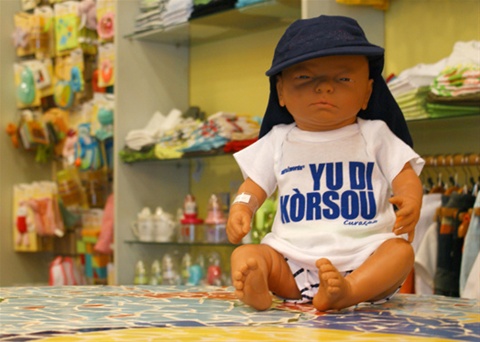
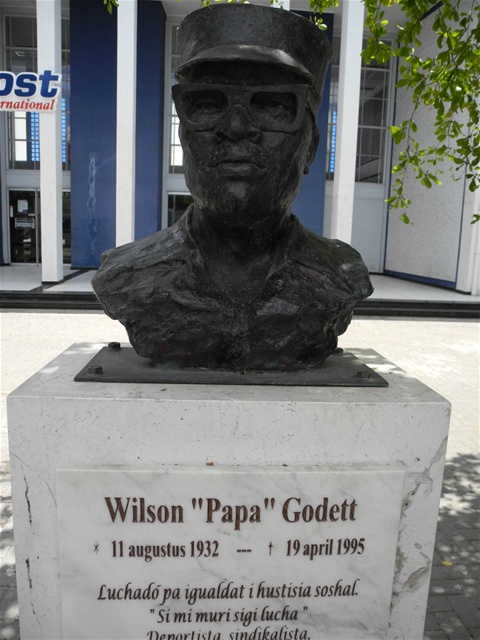
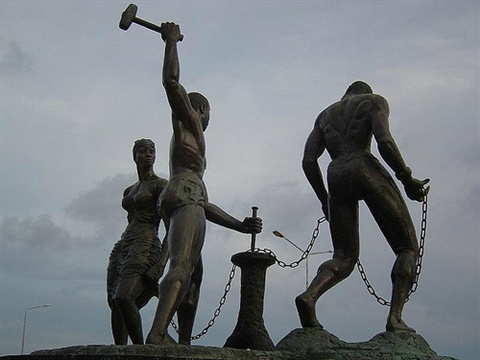
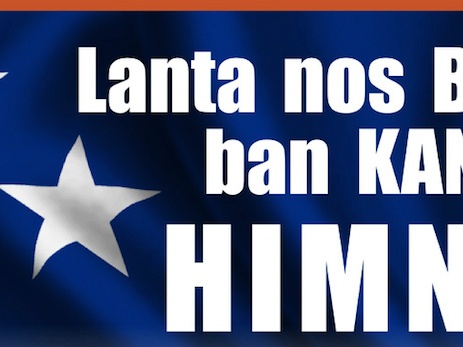
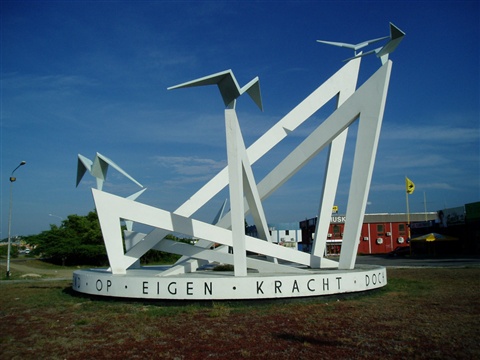
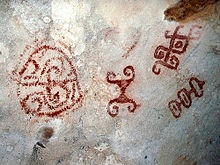
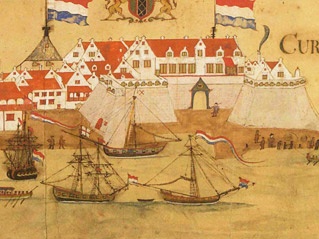
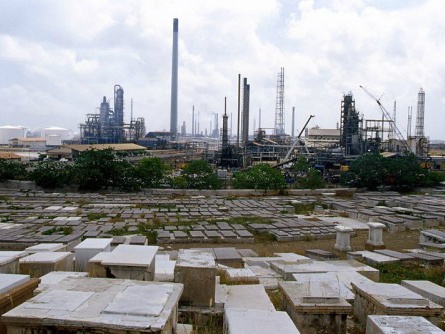
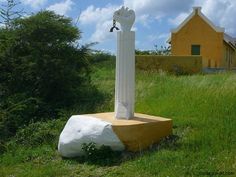

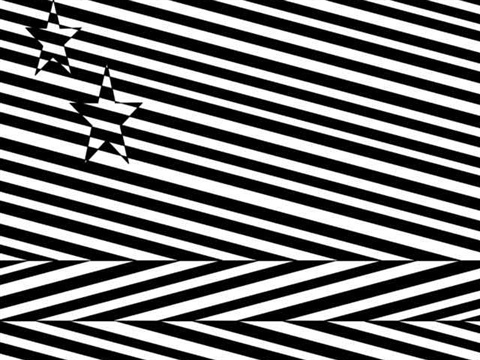
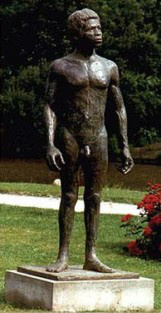
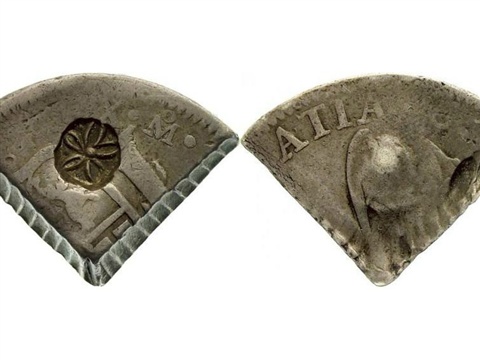
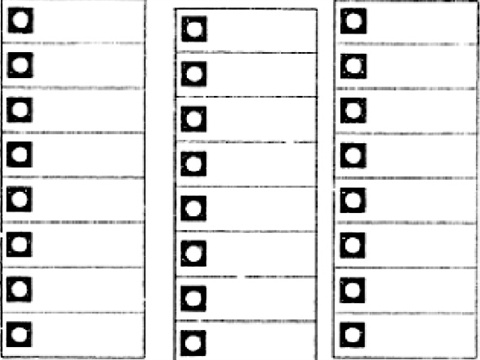
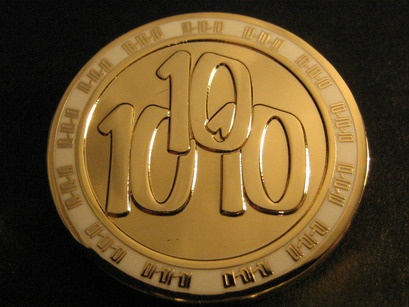
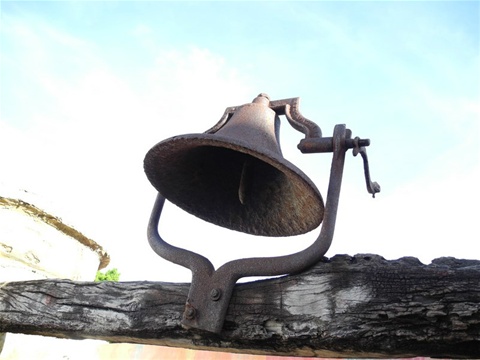
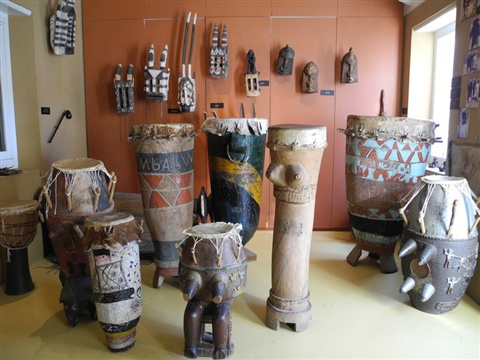
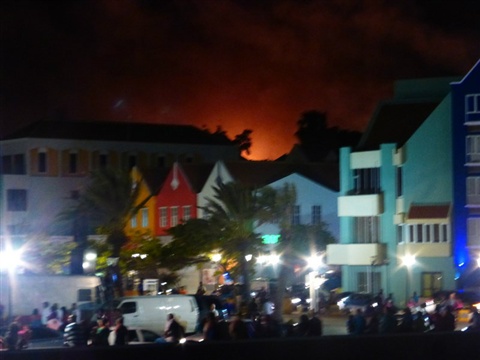
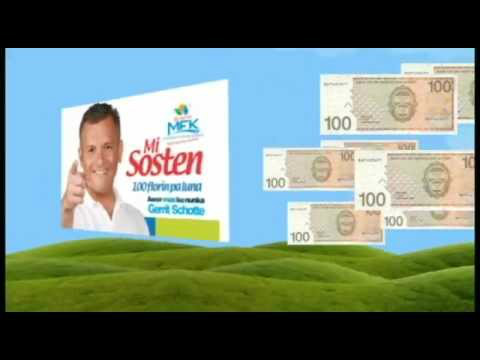
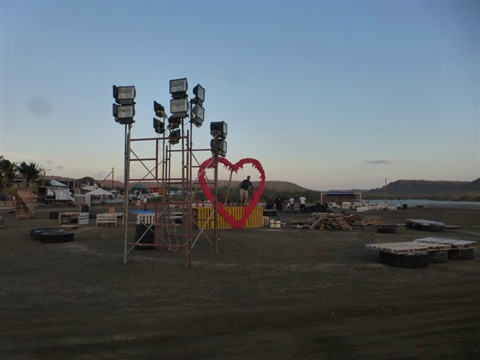
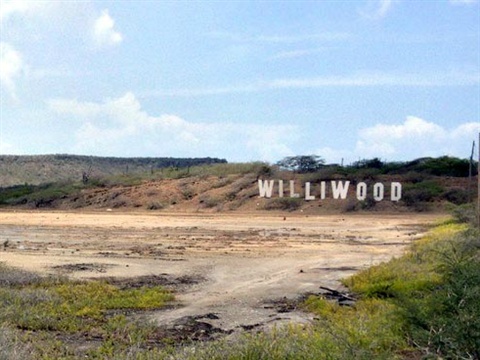
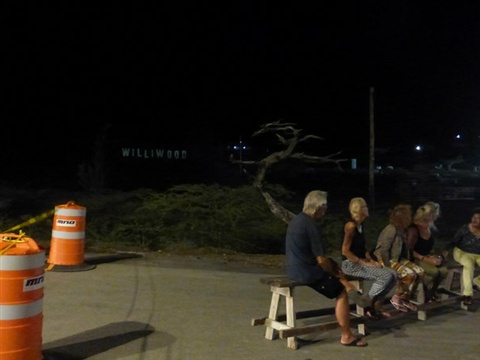
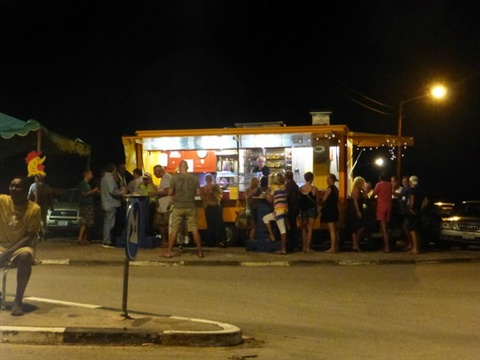
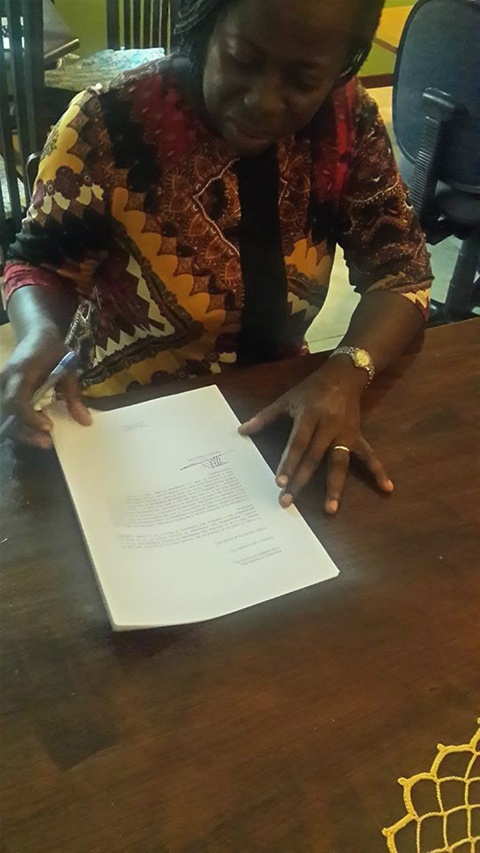
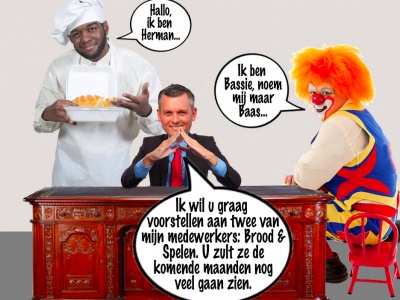
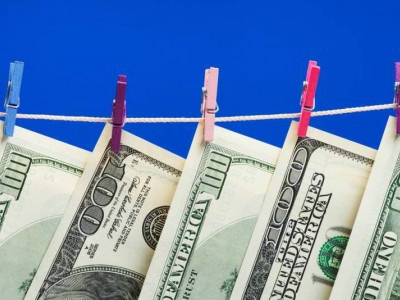
Meest recente reacties
ik zou graag illen weten wie de oudste geborernde in levenzijnde mogonees is
Dag Bart en Klaar!
Wij hebben jullie ontmoet bij de radio uitzending Kunst is Lang.
Ik vroeg me af hoe ik met jullie in contact kan komen in de toekomst! werkt het op deze manier? groet Eva
super trip for you , thank you beri beri much four sharing with us fans.....many greetings and best wishes to you and your loved ones...

Beste Bart en Klaar, Ik verblijf nu op Moengo en ik vroeg me af waar jullie je informatie over stafdorp en happyland etc vandaan hebben gehaald want daar zou ik graag nog meer over lezen! Alvast dank